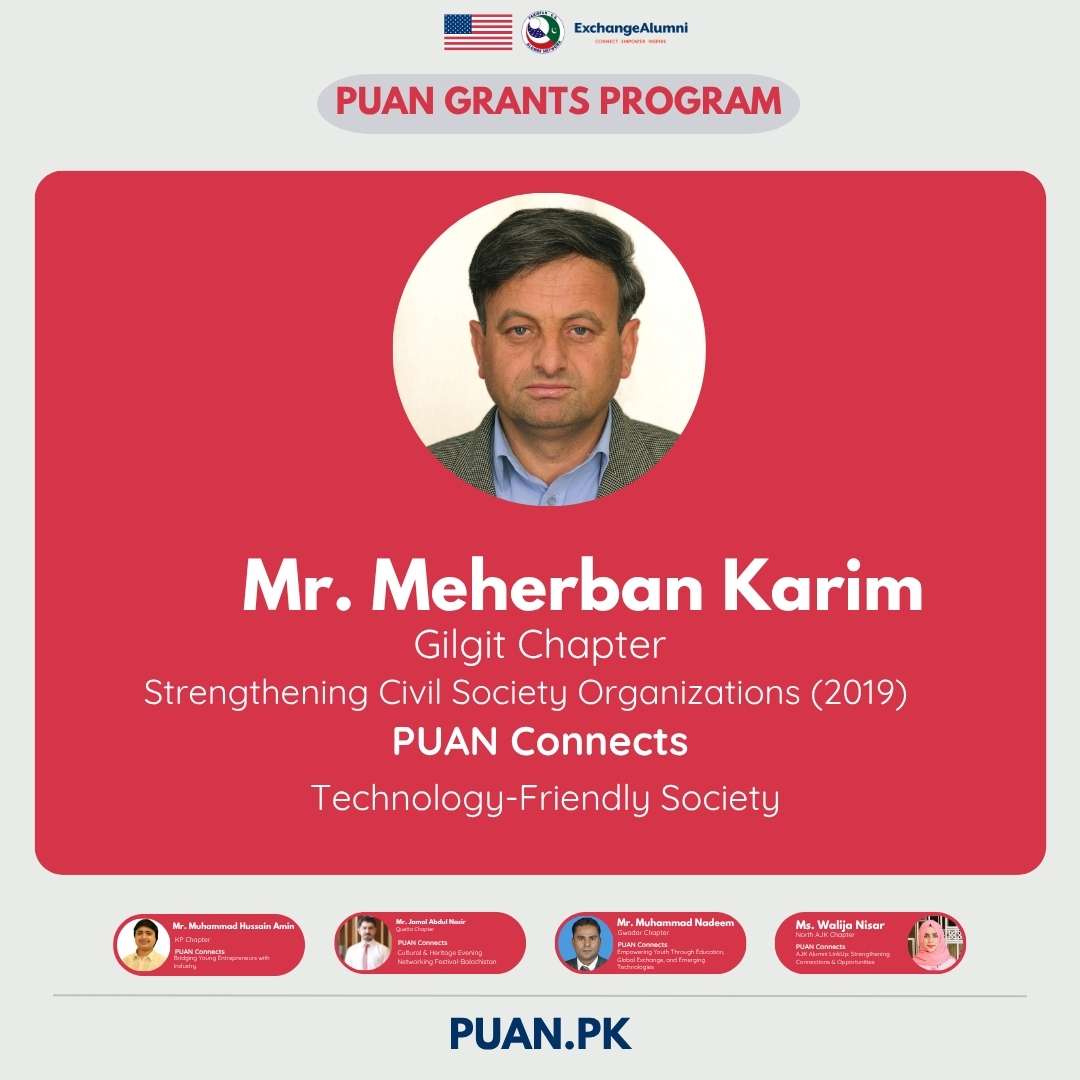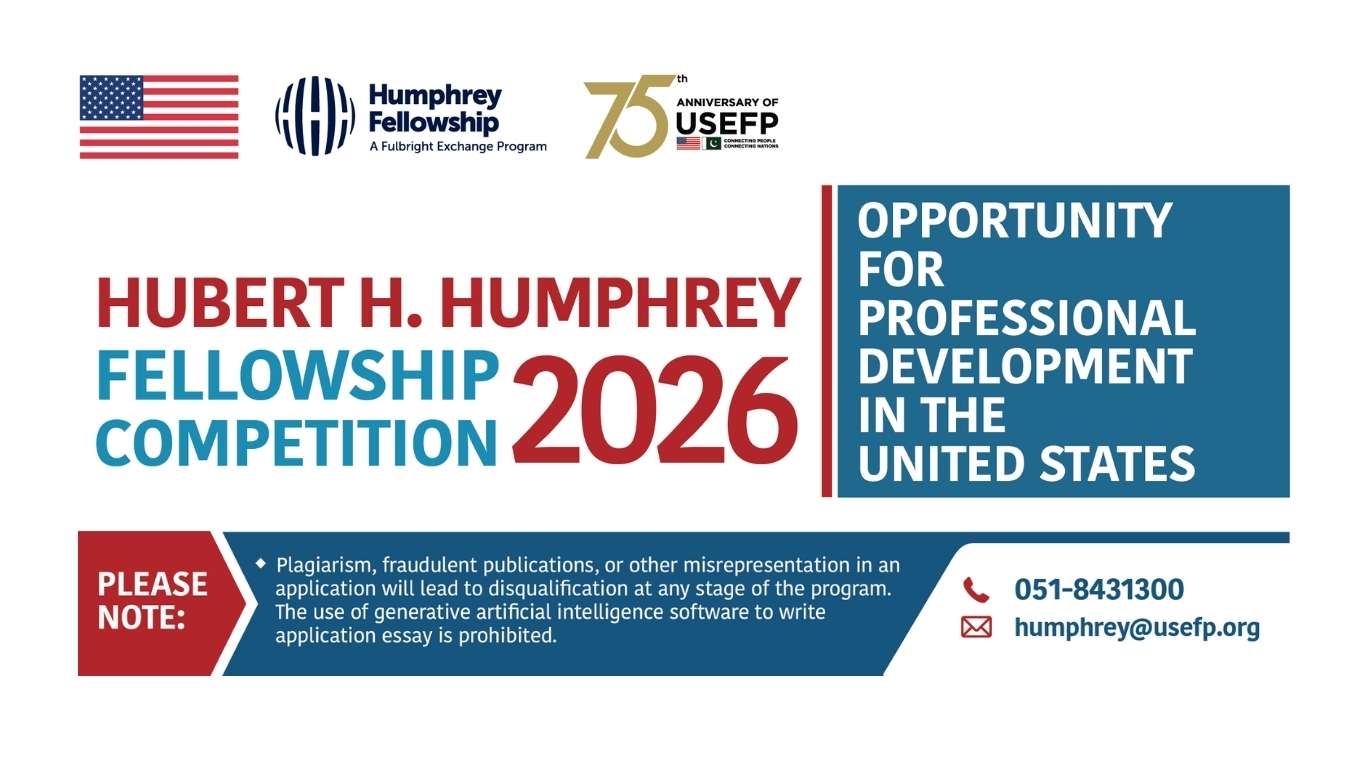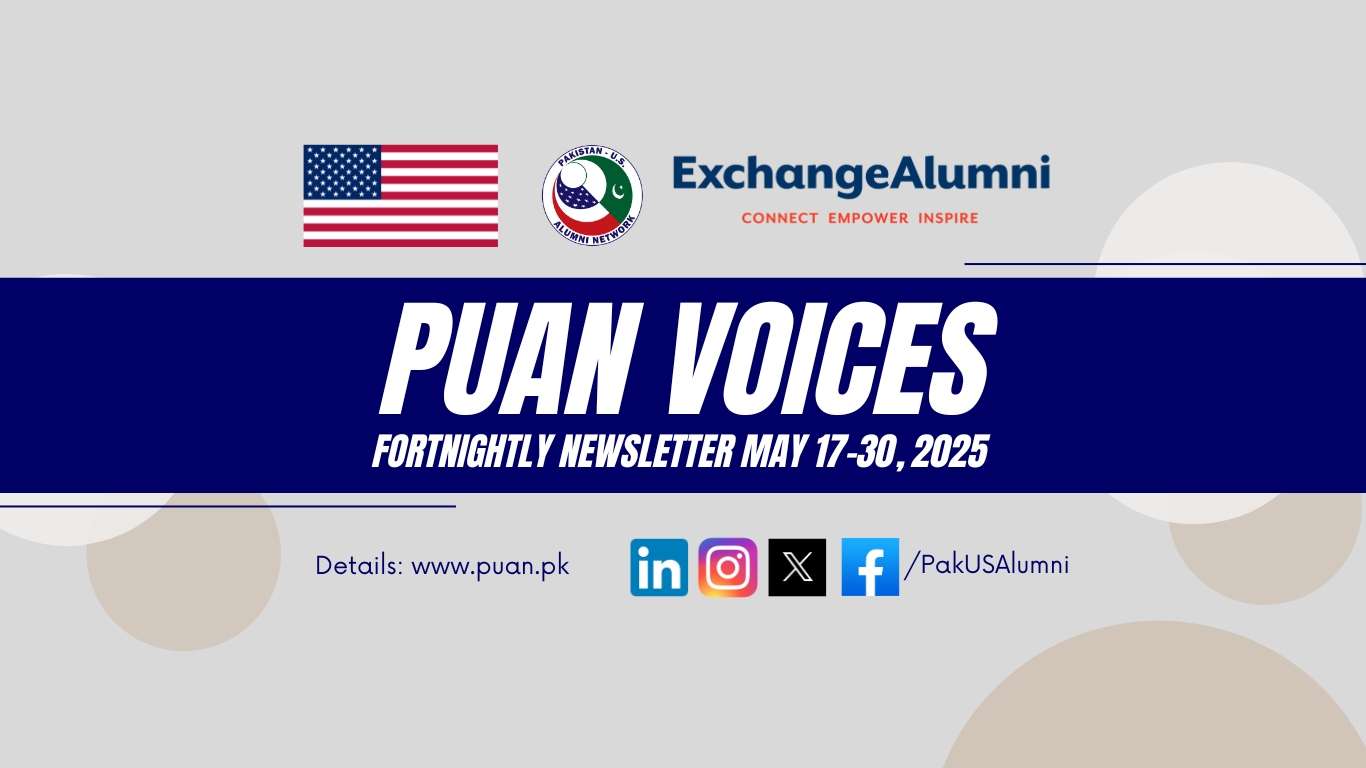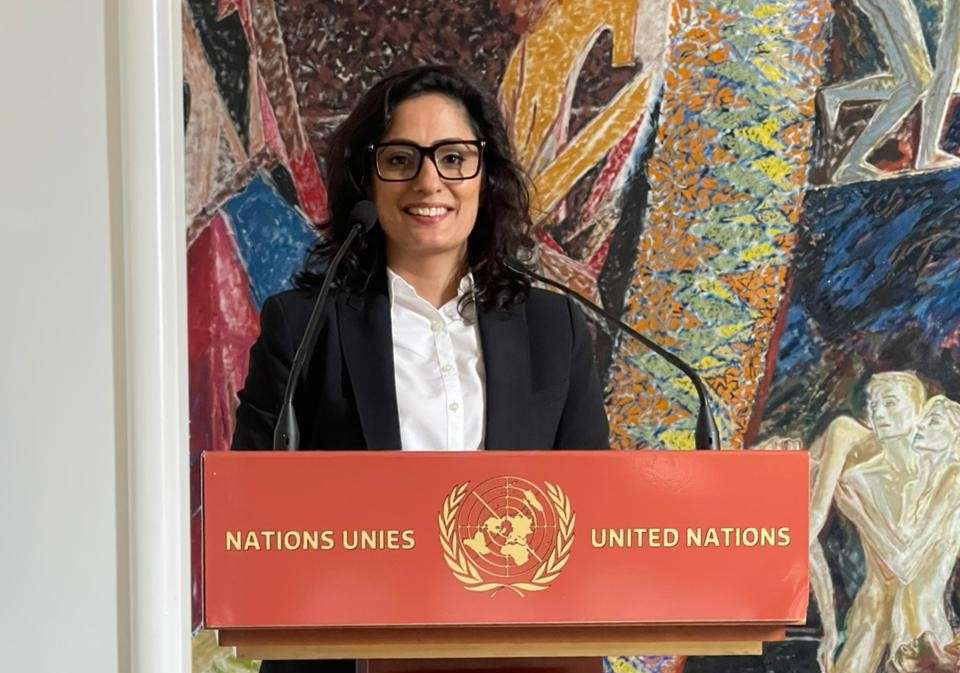An Advocate of Interfaith Harmony
As a scholar of Islamic Studies, Dr. Muhaiman often thought of the unrest plaguing the society – the hate and the extremism. “God is beautiful, his words are beautiful, and the world He has created is so beautiful!” he pondered. In his capacity as an educator, he explored avenues of building peace and fostering religious harmony. He says, “I wanted to bring the true message of religion – peace and harmony – to the common man who was often bewildered and confused by everything.”
In 2014, he was selected as a participant in the International Visitors Leadership Program (IVLP) on “Religious Diversity”. The experience allowed Dr. Muhaiman to meet with people from different religious backgrounds, to volunteer, and to travel across the United States. “I distinctly remember this 90-year-old priest I met in Seattle,” he recalls. “He said, ‘do not hate me because we have different beliefs. Both of us were created by the same God.’ His words, though very simple, had depth. They spoke volumes about the importance of interfaith harmony.”
The impact of these words, and the exchange experience as a scholar of Islamic Studies in the U.S., paved way for Dr. Muhaiman to initiate peace-building workshops on his return to Pakistan. “It was during my exchange program that I discovered ‘Unity in Diversity’,” he says. “I met followers of Mormonism and Atheism and we talked about our belief systems. Despite the difference in our opinions, there was mutual respect. I could see how religious diversity had ingrained harmony and peace in the society and that is when I realized, I wanted to work on interfaith and intrafaith harmony back home.”

In December 2015, he established the Society for Peace and Conflict Management (SPACM) at the University of Haripur. In a span of 15 months, Dr. Muhaiman has organized more than 35 events on peace building, social, and interfaith harmony and registered over 200 participants as part of SPACM. “The model of SPACM has proved to be a useful model for promoting interfaith and intrafaith harmony in educational institutes. Four more universities have expressed interest in adopting the SPACM model at their campuses,” he adds.
The formation of Dr. Muhaiman’s dream project came about through an interesting turn of events. In 2015, he attended PUAN International Conference: Peace and Conflict Resolution as a participant. Inspired by discussions on peace promotion and compelled to make a difference to the notion of extremism, he came up with the idea of creating an organization to “eliminate all forms of racial, ethnic, linguistic, political and religious bigotry through peace, love, respect, tolerance and through culture.”
Through the support of an alumni small grant from the Pakistan-U.S. Alumni Network, Dr. Muhaiman initiated his flagship program under SPACM named “Orientation of Madrassah Students”, engaging 25 students from five different Madaris for a 15-day exchange at the University of Haripur. Dr. Muhaiman also engaged 99 Madrasah teachers from four Madaris for a “Teacher’s Training Program.” His work earned him a spot as a speaker at the PUAN Youth Activism Conference where he delivered a session on “Youth Activism and Interfaith Harmony.”

He strongly believes that education is the best tool to counter extremism, and that is why he has focused his energies on regularly organizing workshops at the University of Haripur on interfaith harmony, intrafaith harmony, humanitarian law, role of educators in transformation the society, etc – and thus, playing his part in promoting the concept of “Unity in Diversity”.
“Issues like diversity, interfaith, and communal harmony are attacking our very basic right to live in harmony. We must understand that peace is not the destination, it is the path we all must adopt for a world free of communal violence, racism, bigotry, and religious extremism.






